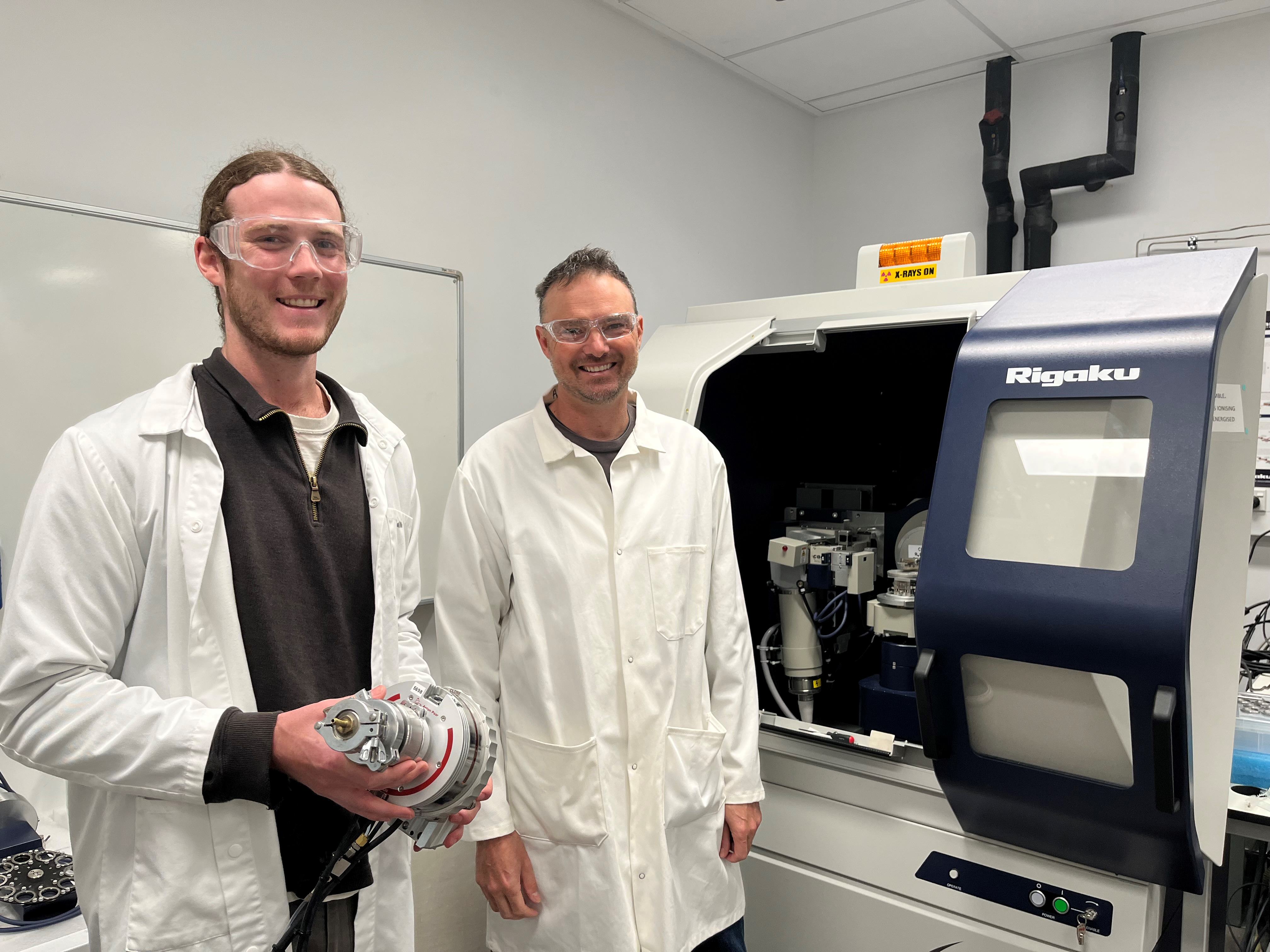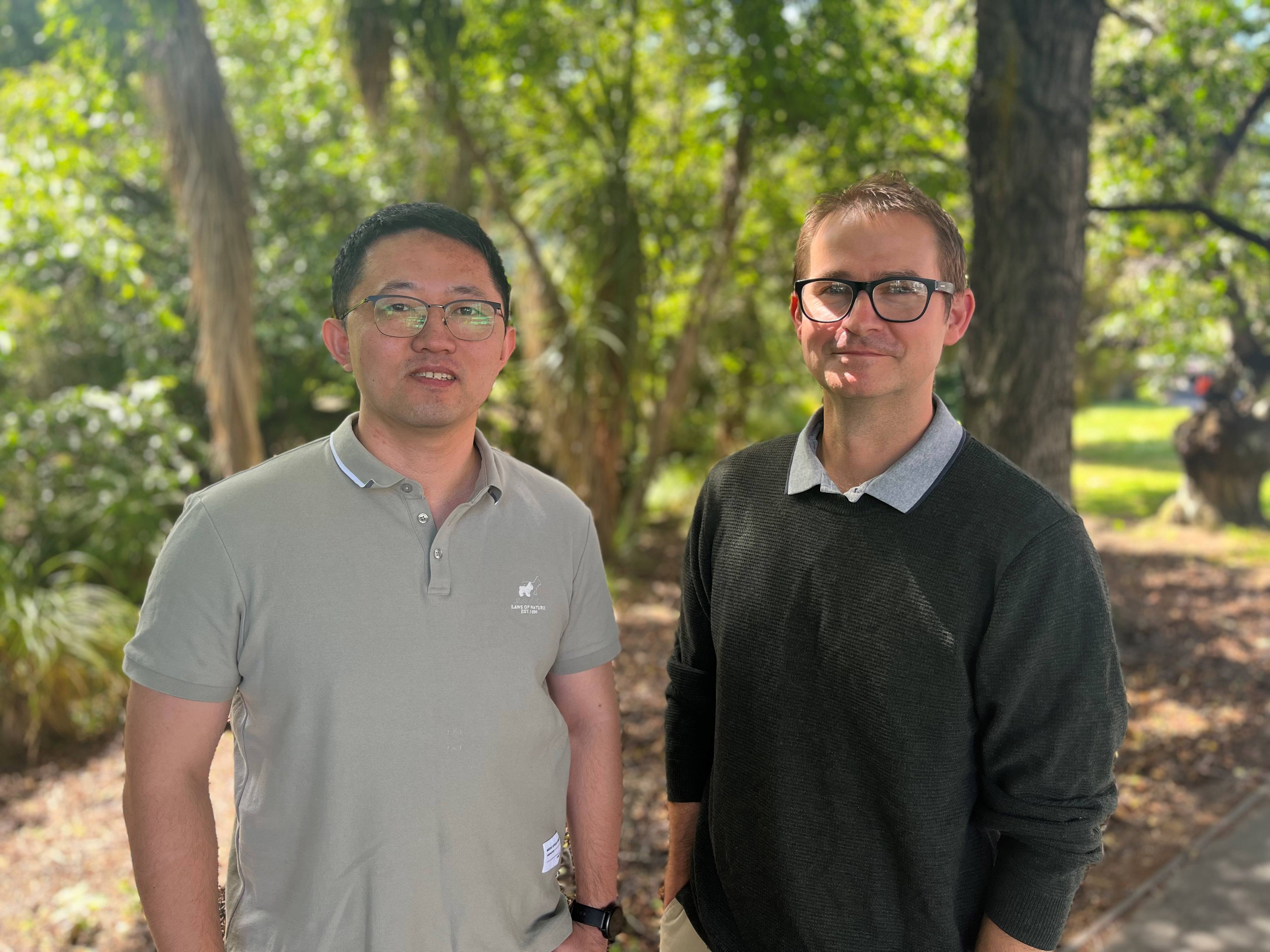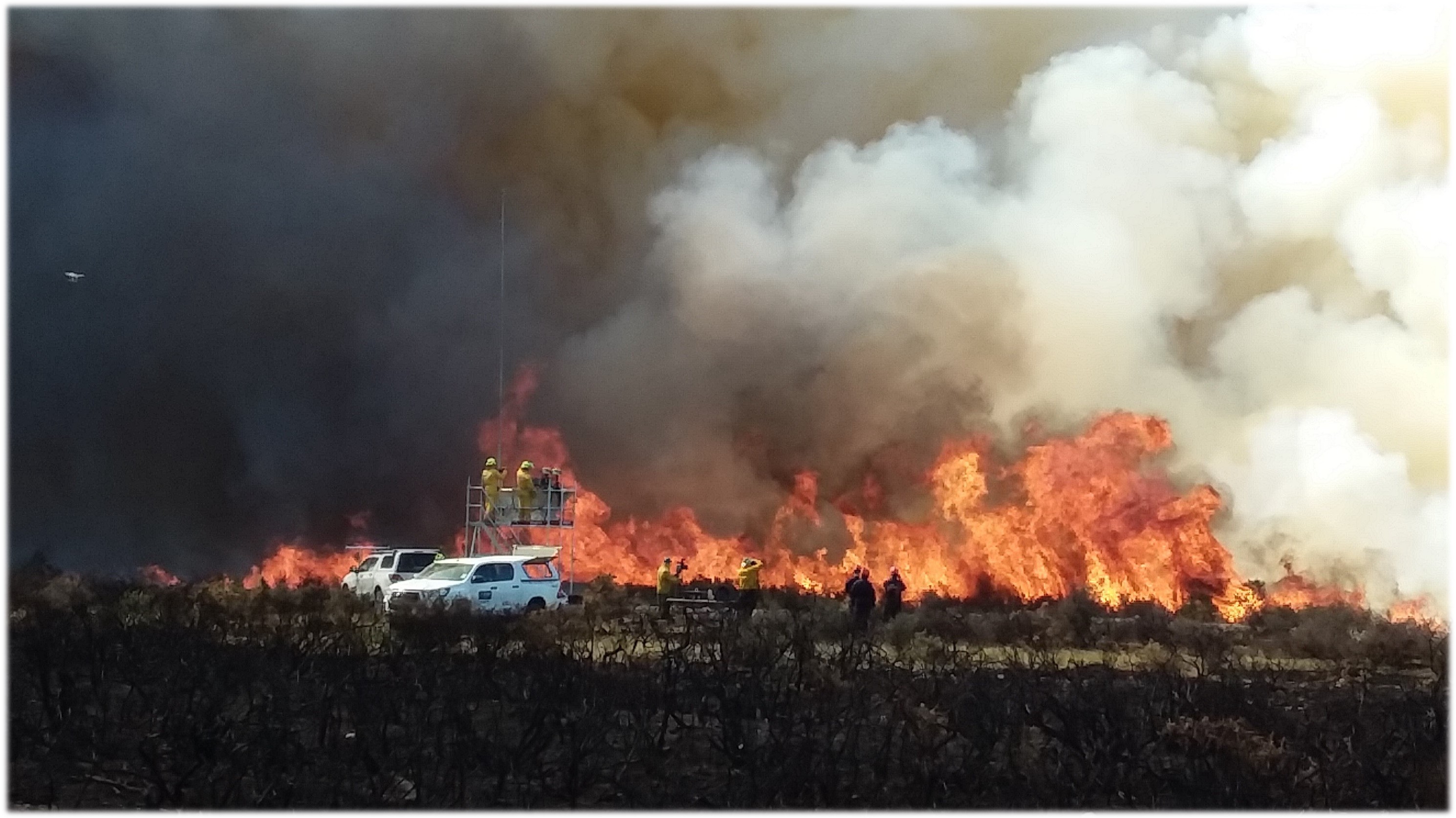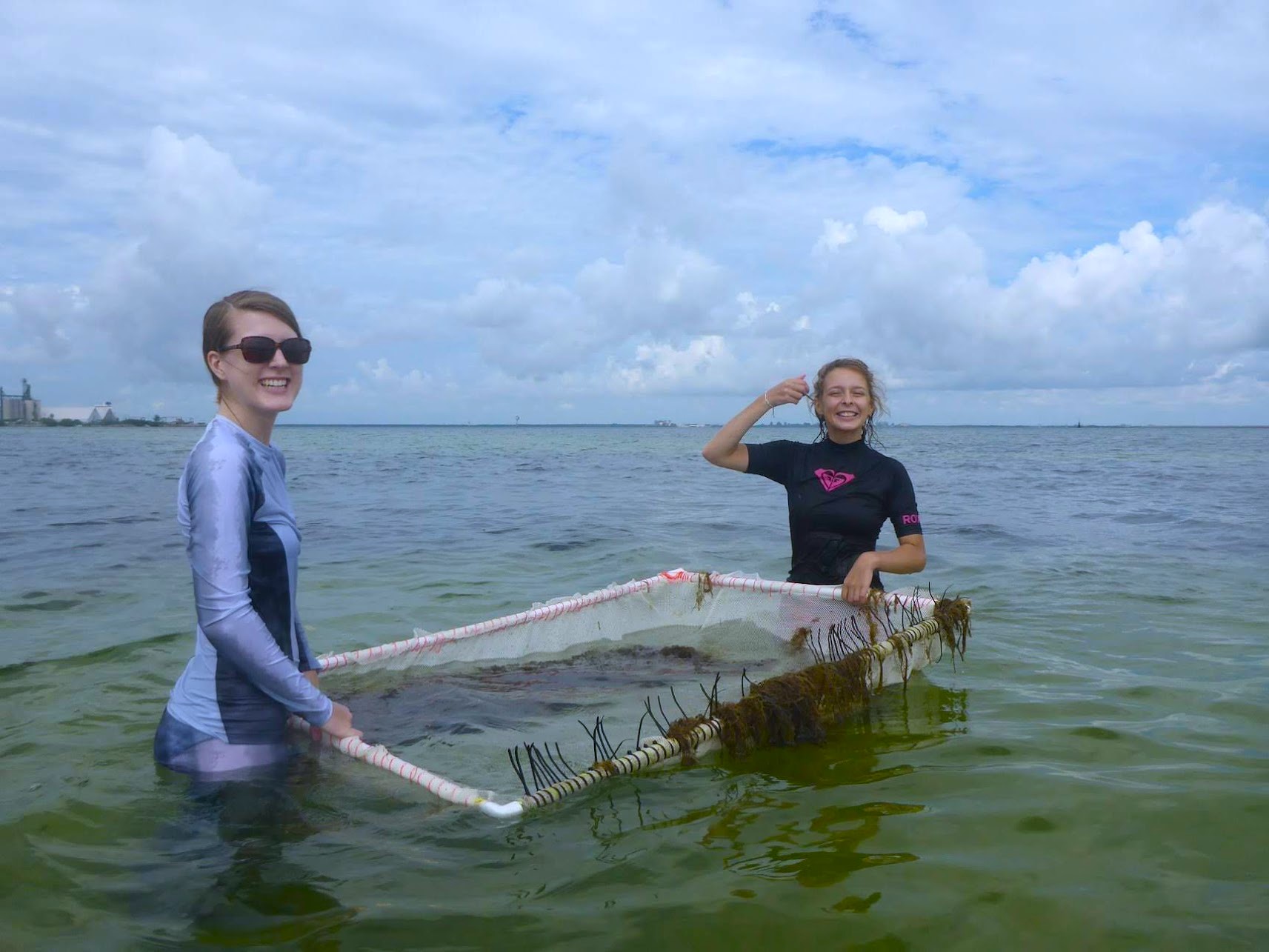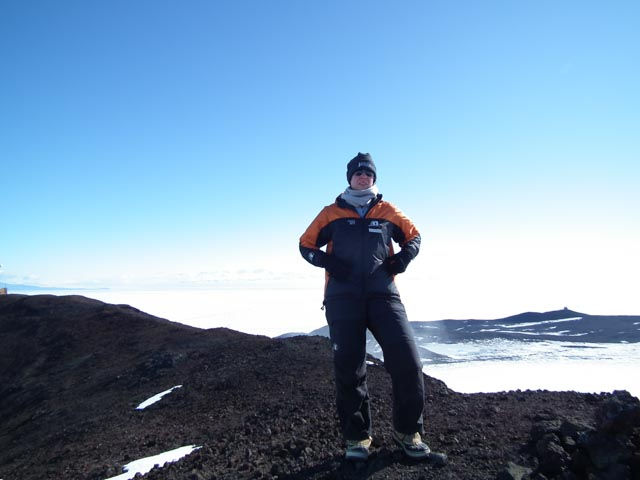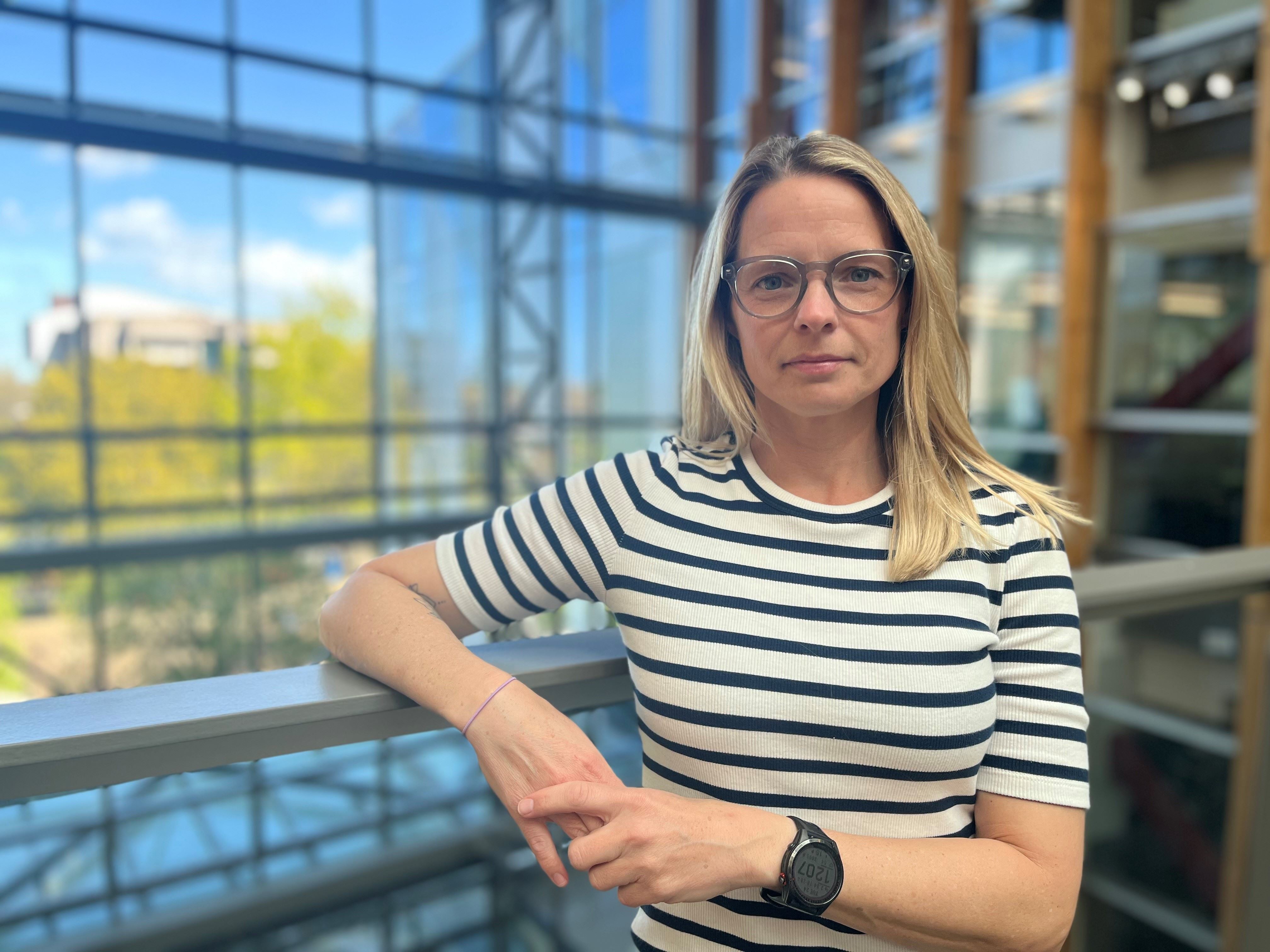“Educators and, in fact, all people need to be careful about the limitations of AI, but they can also benefit from this new and powerful tool,” Dr North says.
AI tools such as ChatGPT can plan expeditions, enhance experiences in nature, and create images and videos, however AI can’t tell a reflective story of how an individual student experiences being in nature and the transformation in understanding that may occur.
“AI is not discerning in that it reflects the knowledge and information shared on the internet. It can therefore be biased, limited and superficial,” he says.
UC’s Head of the School of Teacher Education, Dr Te Hurinui Karaka-Clarke discusses the danger of AI becoming “a digitised form of cultural appropriation”.
“One of the issues surrounding the use of AI and Māori knowledges is that AI has unsolicited access to knowledge that is available in both public and private domains,” Dr Karaka-Clarke says.
“Māori iwi and hapū (tribes and sub-tribes) to whom the knowledge belongs have no way of controlling how their knowledges are used.”
Knowledge could be used out of context and for purposes not originally intended, Dr Karaka-Clarke says.
“My main concern is that outdoor leaders, students, and educators will end up being time poor, and because of this, use AI to generate local histories to share with others. This will mix and match different histories from different Indigenous groups, potentially even from around the world, to create a narrative of a place that is fictitious,” he says.
“Unauthorised use jeopardises the authenticity and integrity of Māori knowledge.”
Other contributors examine how to prepare student-teachers who are likely to be teaching in a ‘post-plagiarism world’, how to contextualise AI amongst other technology embraced by the field, and how to become ‘AI literate’ ahead of the technology curve.
While AI could “be a tool for democratising AEOL” according to Kenyan academics Dr Nkatha Muthomi and Dr Gaita Njenga from Kenyatta University, Nairobi, “it is important to acknowledge that ChatGPT and other digital technologies cannot replace the real-life experiences of outdoor education, which involve physical communication with others and engage all senses. Each individual’s outdoor experiences is unique, and AI cannot fully replicate the sensations of smell, touch, light, wind, and more.”



